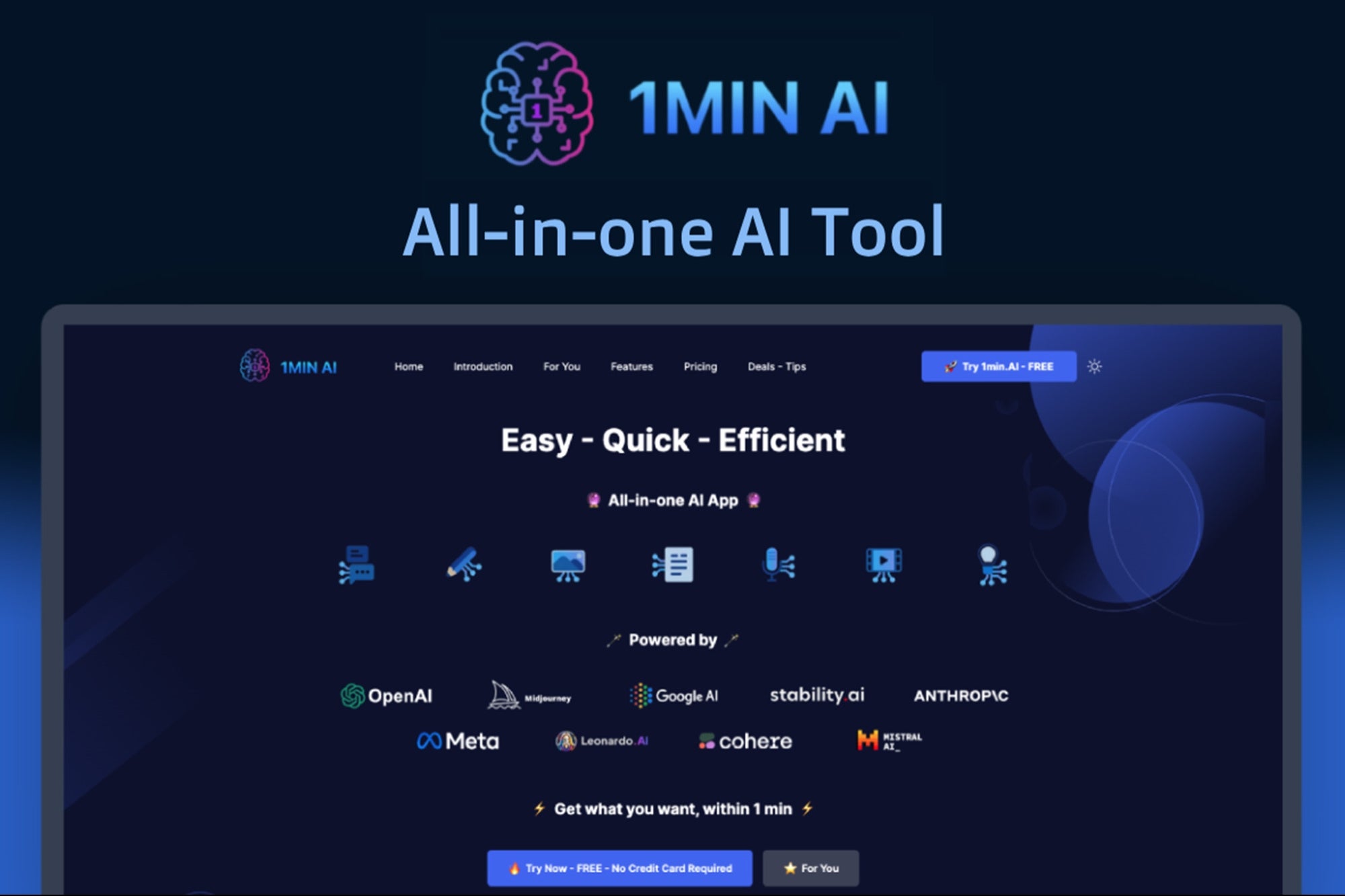The Plan-as-You-Go Business Plan This year, consider a new approach that could change how you plan--and manage--your business.
Opinions expressed by Entrepreneur contributors are their own.
As we roll into 2008, I believe it's time to adapt a new kind of business planning that I want to call plan-as-you-go business planning. The idea is to integrate the concept of the business plan with the flexibility and power today's business tools offer. At the same time, you'll focus on management, tracking and accountability and concern yourself more with function than with form.
What's Different
Here's how the PAYG plan differs from the standard business plan:
- It's a process, not just a plan. Every PAYG plan has a review schedule built in from the beginning. It sets the dates and participants for future review meetings, taking 60 to 90 minutes once a month and 2 to 3 hours once per quarter. PAYG planning is about process, including the regular review and management of the plan.
- Form follows function. The PAYG plan isn't necessarily the same kind of formal business plan document you did in business school or have read about. It doesn't necessarily follow a recipe. Every PAYG plan is unique. It might generate a formal document at some point, but until you need the formal plan document to show somebody, it lives on your computer. You pull from the plan to make a pitch presentation, elevator speech, summary memo or detailed business plan document as required for business purposes.
- It assumes and manages change. The PAYG plan is about navigation, not just a static map. It assumes that assumptions will change. That's why it includes a built-in review schedule. Assumptions must always be visible, on top, where they can be reviewed. Unlike the misunderstood formal business plan, the PAYG plan is a way to keep your long-term goals in sight while also managing the short-term surprises.
You might read this list and say "But those things are true for any good planning; your concept isn't so new and different." And I'd say "That's right, you're getting it." What's most important about PAYG planning is that people in the real world, startups and growing companies alike can actually use it. It gets people out of the silly talk about how a business plan isn't useful because they misunderstand how a business plan is supposed to be used.
The Essentials
- Start with the review schedule. If you don't have a plan review schedule, you don't have PAYG planning. Set the dates from the very beginning. As you develop the plan, keep the people involved aware of when and how you're going to track.
- Develop useful metrics. PAYG planning is about actually managing, not just planning. The main metrics involve money--the most important being cash flow--but look for metrics that involve the team, such as calls, presentations, visitors, inquiries, average time of calls and downloads. Ideally, everybody on the team deserves metrics.
- Identify the assumptions. Effective PAYG planning keeps the assumptions on top, where you can revisit them with every review meeting. We assume things change and that the planning is about navigation, not just a static map. This is how you keep your plan alive and active.
- Every plan has a heart and flesh and bones. The heart is strategy, market need, differentiation and focus. This is as true with PAYG planning as with traditional planning. The flesh and bones are just as important; in PAYG planning they're the metrics, milestones, tasks, dates, deadlines, responsibility assignments and, most important, cash flow planning.
Important Principles of PAYG Planning
- Start anywhere. Get going. The plan is a matter of interlocking blocks, so some people start with a numbers task, like a sales forecast, and others start conceptually with a vision, a strategy or focus. Just get started. Don't wait until your plan is finished to get going. Start today and start using it tomorrow.
- All business plans are wrong--but still vital . You're predicting the future, which means you'll be wrong. But you set down tracks so you can follow up and revise without losing sight of the long-term goals and directions.
- Good business plans are never done. My company's business plan started in the late 1980s and it's still a work in progress. If your plan is finished, your company is finished. Instead, you revise as needed. The core of the plan is the collection of heart and flesh and bones; it's content, thinking and specifics. From that you spin out a document or presentation or elevator speech when needed.
- Form follows function. Do only as much as you need to run your company, to manage and to build strategy. If you don't need to create a formal plan, don't; keep it on your computer.
- Keep it alive and spin the output as needed. Don't ever let your plan become static. Keep it active and alive, not forgotten in a drawer.
- Planning is worth the implementation it causes. You measure a plan by results. It's as good as the decisions it guides.
For more information on this method of planning, look for my book The Plan-as-you-go Business Plan available from Entrepreneur Press.









